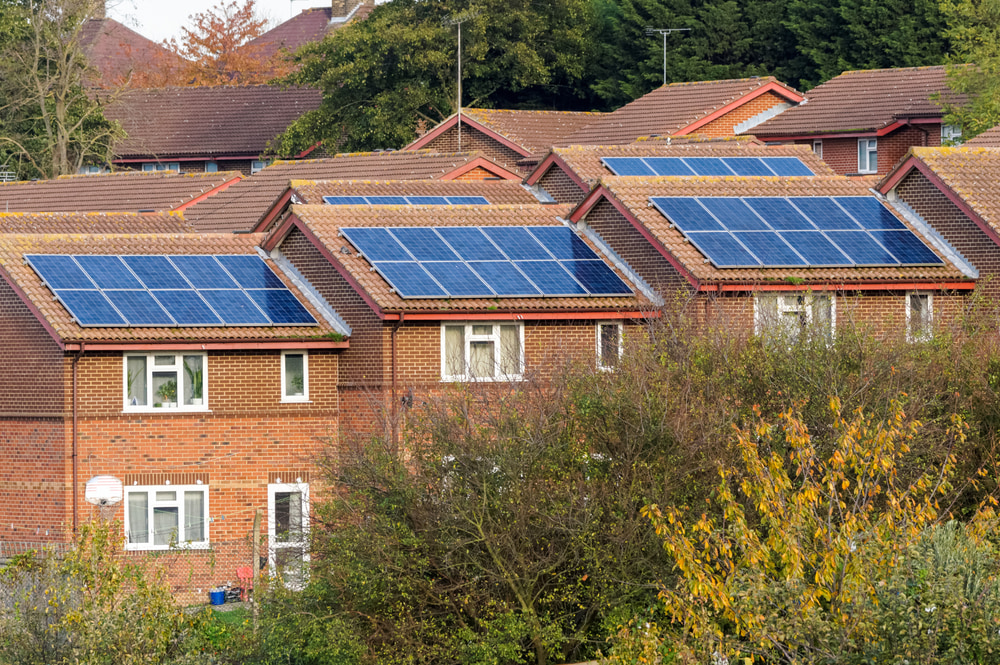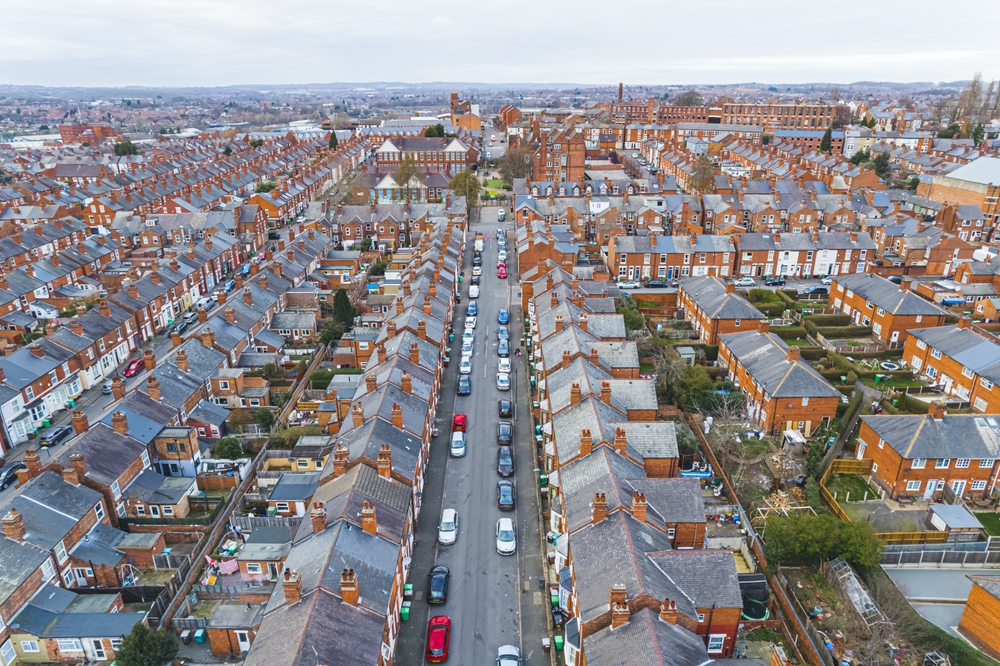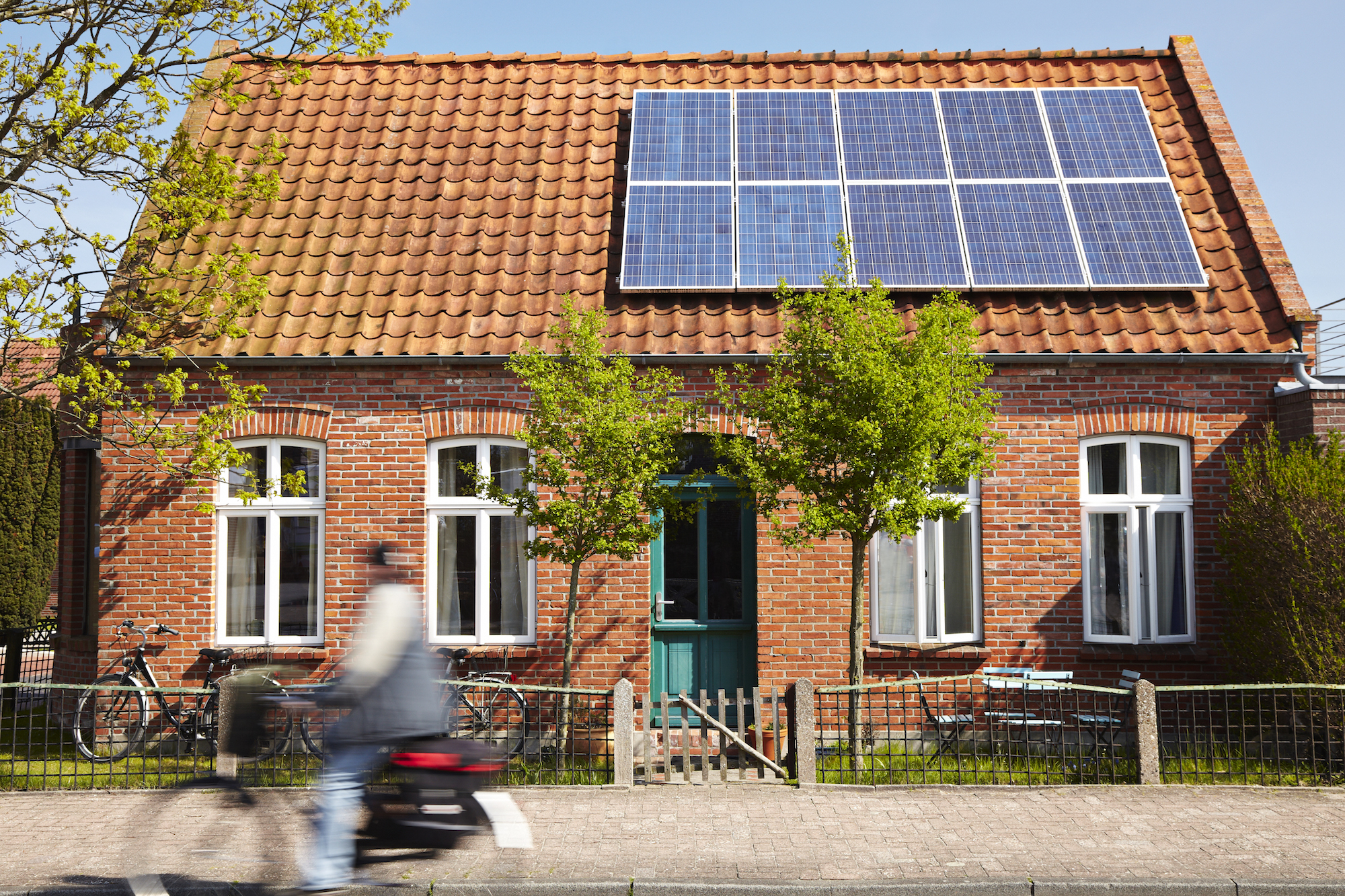General election 2019: Your guide to key housing policy proposals
We’ve put together a quick guide to the housing policies announced by the Conservatives, Labour, Green Party, and Liberal Democrats, which include everything from ending "no fault" evictions to increasing minimum energy efficiency standards.
The Goodlord team
Nov 27, 2019
Housing remains a priority for most parties going into the general election, which takes place on 12th December 2019. We’ve put together a guide to the key housing policies from the manifestos that have been released by the Conservatives, Labour, Green Party, and Liberal Democrats.
Conservative
- Encourage long-term fixed rate mortgages which reduce the cost of deposits to support a path to home ownership for first-home buyers, and extend the Help to Buy scheme from 2021 to 2023.
- Maintain commitment to Right to Buy for all council tenants and maintain the voluntary Right to Buy scheme agreed with housing associations.
- Continue reforms to leasehold, including implementing a ban on the sale of new leasehold homes, restricting ground rents, and providing necessary mechanisms of redress for tenants
- End “no fault” evictions.
- Strengthen rights of possession for “good” landlords.
- Introduce “lifetime” deposits, which move with the tenant.
- Introduce a 3% surcharge on non-UK resident property buyers to help fund new housing programmes and initiatives to reduce homelessness.
Read more in the Conservative manifesto.
Labour
- Introduce a new social house-building programme, building at an annual rate of at least 150,000 council and social homes by the end of parliament.
- Build more low-cost homes for first-time buyers in every area, including new discount homes with prices linked to local incomes. Reform Help to Buy to focus on first-time buyers on ordinary incomes.
- Introduce a levy on overseas companies buying housing.
- End the sale of new leasehold properties, abolish unfair fees and conditions, and give leaseholders the right to buy their freehold at an affordable price.
- Introduce a zero-carbon standard for all new homes and upgrade existing homes to make them more energy efficient.
- Cap rents with inflation, and give cities the powers to cap rents further.
- Introduce new open-ended tenancies and stop “no fault” evictions.
- Ensure every rental property meets new minimum standards, enforced through nationwide licensing and tougher sanctions for landlords “who flout the rules”.
- Fund new renters’ unions throughout the country, to “allow renters to organise and defend their rights”.
- End “discriminatory rules” that require landlords to check people’s immigration status (Right to Rent checks) or that allow them to exclude people on housing benefit.
- Give councils new powers to regulate short-term lets through companies such as Airbnb.
Read more in the Labour manifesto.
Liberal Democrats
- Build at least 100,000 homes for social rent each year and ensure that total housebuilding increases to 300,000 each year.
- Increase minimum energy efficiency standards for privately rented properties and remove the cost cap on improvements.
- Graduate Stamp Duty Land Tax by the energy rating of the property.
- Devolve full control of Right to Buy to local councils.
- Establish a new Help to Rent scheme to provide government-backed tenancy deposit loans for all first-time renters under 30.
- Promote longer tenancies of three years or more with an inflation-linked annual rent increase built in.
- Improve protections against “rogue landlords” through mandatory licensing.
Read more in the Liberal Democrats’ manifesto.
Green
- Build 100,000 new council homes a year.
- Implement a Minimum Energy Efficiency Standard escalator to raise the minimum level allowed from the current E rating to A rating by 2030.
Read more in the Green manifesto.
Last updated on 27/11/19.


.jpg)


